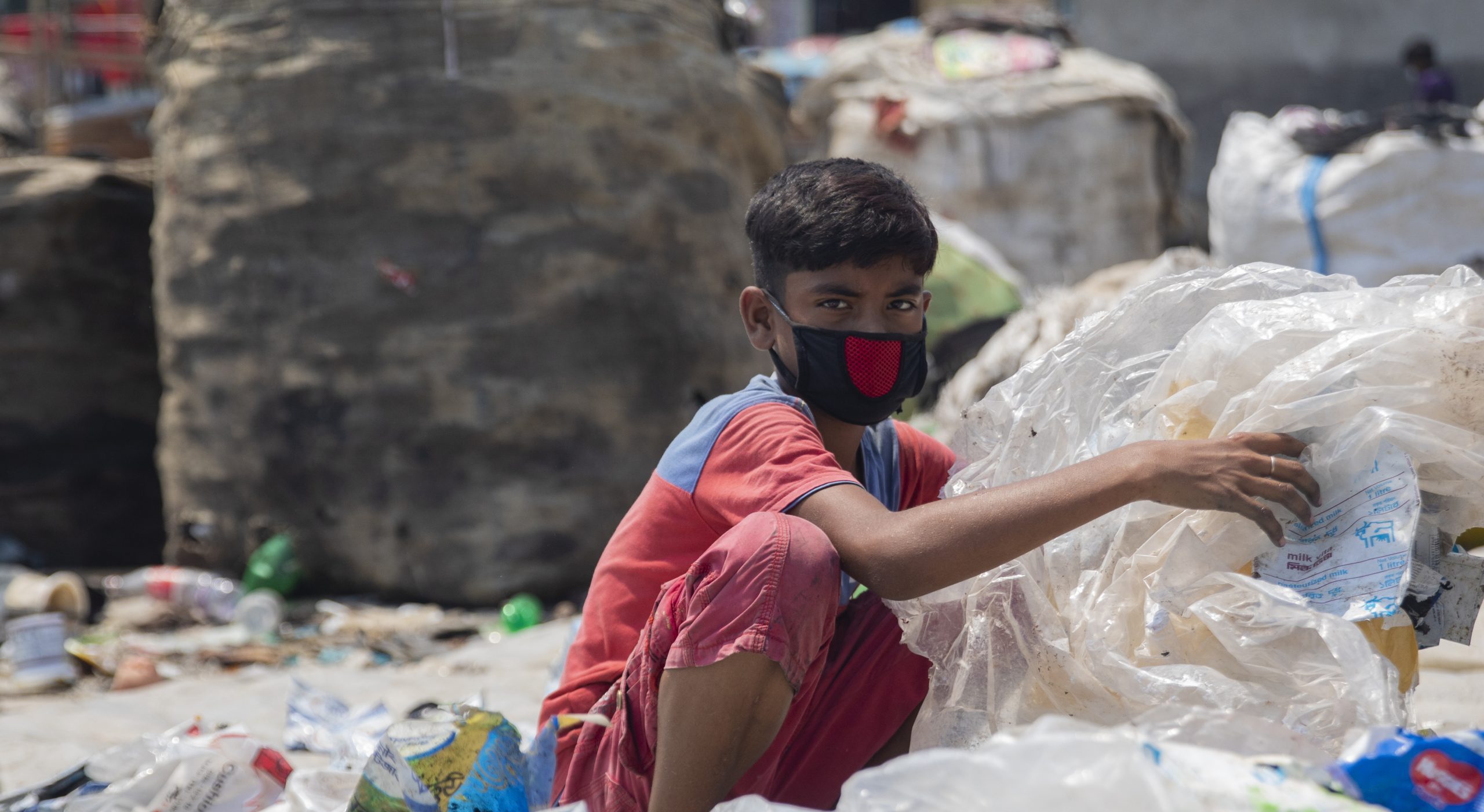COVID-19 and Child Labour: A time of crisis, a time to act
UNICEF/ILO joint publication

Recent years have seen significant progress in the fight against child labour. The current COVID-19 pandemic, however, can potentially reverse the positive trends observed in several countries and further aggravate the problem in regions where child labour has been more resistant to policy and programme measures.
The level of global economic integration and the current crisis are likely to have a large and possibly lasting worldwide adverse socio-economic and financial impact. The pandemic is increasing economic insecurity causing disruptions in supply chains, falling commodity prices, in particular oil, and halting the manufacturing industry. The financial markets have been particularly affected, tightening liquidity conditions in many countries and creating unprecedented outflows of capital in many economies.
The paper discusses the main channels through which the current pandemic can influence child labour, including fall in living standards; deteriorating employment opportunities; rise in informality; reduction in remittances and migration; contraction of trade and foreign direct investment; temporary school closures; health shocks; pressure on public budgets and international aid flows.
The publication is available for download below: